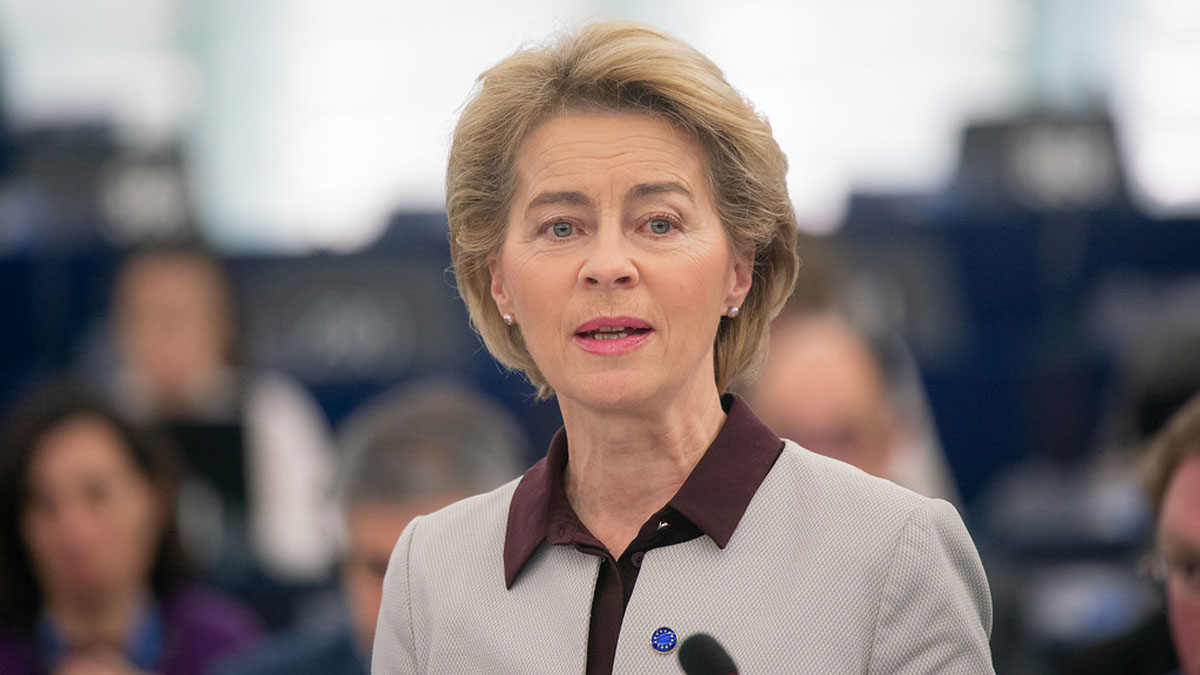Connectivity Partnership: EU Supporting a Greener Future in India and in Third Countries and Regions
The EU and India have concluded a comprehensive Connectivity Partnership, confirming their commitment to collaborate on supporting resilient and sustainable connectivity both in India and in third countries and regions, including Africa, Central Asia, and the Indo-Pacific.
“This partnership, concluded today between the EU and India in the presence of our 27 Member States, begins a new chapter in our relations. While the coronavirus still causes terrible devastation, we must also focus on building back better. This Connectivity Partnership will guide our actions over the coming years, providing for joint efforts in creating a greener, more inclusive and prosperous future for the EU, India, and in regions around the world,” President of the European Commission, Ursula von der Leyen, stated.
EU High Representative for Foreign Affairs and Security Policy/Vice-President of the European Commission, Josep Borrell, added: “There are rival models for development, infrastructure, trade and governance. The European Union is the most integrated region in the world, and we are proud of the way in which we have enhanced the lives of European citizens with an approach founded on international standards, sustainability, and common rules. It provides for stability, financial and environmental responsibility, and brings direct benefits to the populations involved. India shares our vision, and we are looking forward to working together not just in our respective countries but also elsewhere, to help shape the world of tomorrow.”
Unlocking our collective potential
The EU-India Connectivity Partnership is the second such partnership, after the one signed with Japan in September 2019. These bilateral partnerships form an integral part of the EU’s strategy to connect Europe and Asia, which was presented by the Commission and the High Representative in September 2018 and endorsed by the Council in October of that year.
The EU-India Connectivity Partnership covers cooperation in the digital, energy, transport, and people-to-people sectors. It is fundamentally rooted in support for the twin digital and green transitions, adherence to and development of international standards, as well as the shared norms and values of social, environmental, economic, and fiscal sustainability and level playing field.
The EU and India today represent a combined market of 1.8 billion people with a combined GDP of €16.5 trillion per year. By 2030, India will be the most populous country in the world with a median age of just 31. Studies point to growth of over 250% in India’s core digital economy between 2019 and 2025.
The new Connectivity Partnership therefore aims at pooling resources, norms, and expertise to serve the needs for the next generation of sustainable and quality infrastructure. It includes joint work on standards and the regulatory environment, as well as on concrete infrastructure projects.
The Partnership provides a platform to build on the many already ongoing projects between EU and Indian public and private actors and proposes new activities in all sectors. EU activities will use the Team Europe approach, bringing together the EU institutions, EU Member States, and the European Financial Institutions under a joint framework.
A comprehensive approach
Environment is a particular priority. In the energy sector, work will focus on the implementation of the EU-India Clean Energy and Climate Partnership, with regulatory support complementing public and private activities on floating solar, offshore wind and energy storage, amongst others.
Digital is another central element of the Partnership, based on EU common human-centred digital agenda. “We will work to ensure protection of personal data and privacy, including through possible data adequacy decisions, with a view to facilitating safe and secure cross border data flows. Activities under the partnership include collaboration in digital connectivity, for example via submarine cables and satellite networks as well as promoting fast and efficient 5G on the basis of global standards,” EU representatives claim.
In the transport sector, there are proposals on standardisation and certifications, decarbonisation, and digitalisation, as well as an EU-India Aviation Summit to expand cooperation, dialogues on smart and sustainable mobility, and new investments in metros, possible new air routes, and work on the maritime industry.
Through people-to-people connectivity, EU wants to develop breakthrough innovations, helping to scale up the latest scientific discoveries, including through enhanced opportunities under the Erasmus+ programme, joint work under Horizon Europe, and linkages with the Global Initiative for Academic Network (GIAN) and the Scheme for Promotion of Academic Research and Collaboration (SPARC).
The partnership will seek to create favourable conditions for increased investments in connectivity projects by the private sector, by fostering a competitive global ecosystem. The Partnership reflects EU’s commitment to international standards, to ensuring a level playing field for companies and reciprocal access to markets.
Promoting new financing options is central to the partnership. At the regulatory level, this will include engagement under the International Platform on Sustainable Finance (IPSF). It also includes a joint commitment to develop EU-India cooperation in the international regulation of government support for export finance. EU also aims to promote cooperation between EU and Indian businesses, chambers of commerce, national development and promotional banks/funds, and export finance agencies.
The Connectivity Partnership is accompanied by the signature ceremonies for new European Investment Bank (EIB) financing of €300 million for the metros of Pune and Kanpur, as well as a €25 million equity investment in the NEEV II investment fund, together with the State Bank of India, which reinforces the global climate action. These operations, which bring total EIB financing in India to €3.3 billion, are the first new financing under this partnership. New operations – including further EIB metro investments as well as Member State-led projects in sectors such as metros, railways, offshore wind, and research collaboration are already foreseen.







